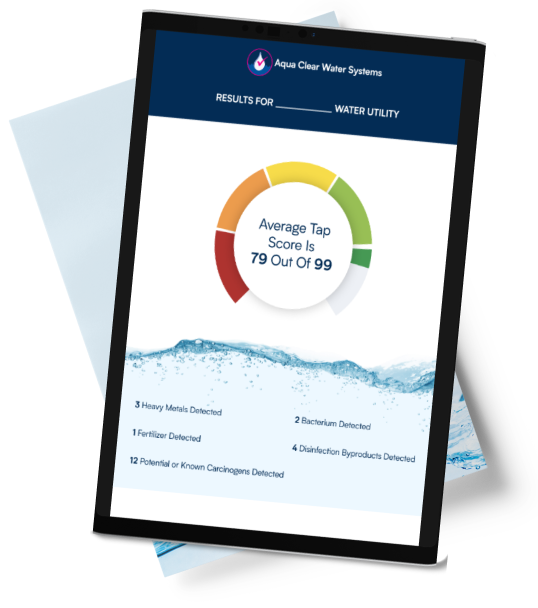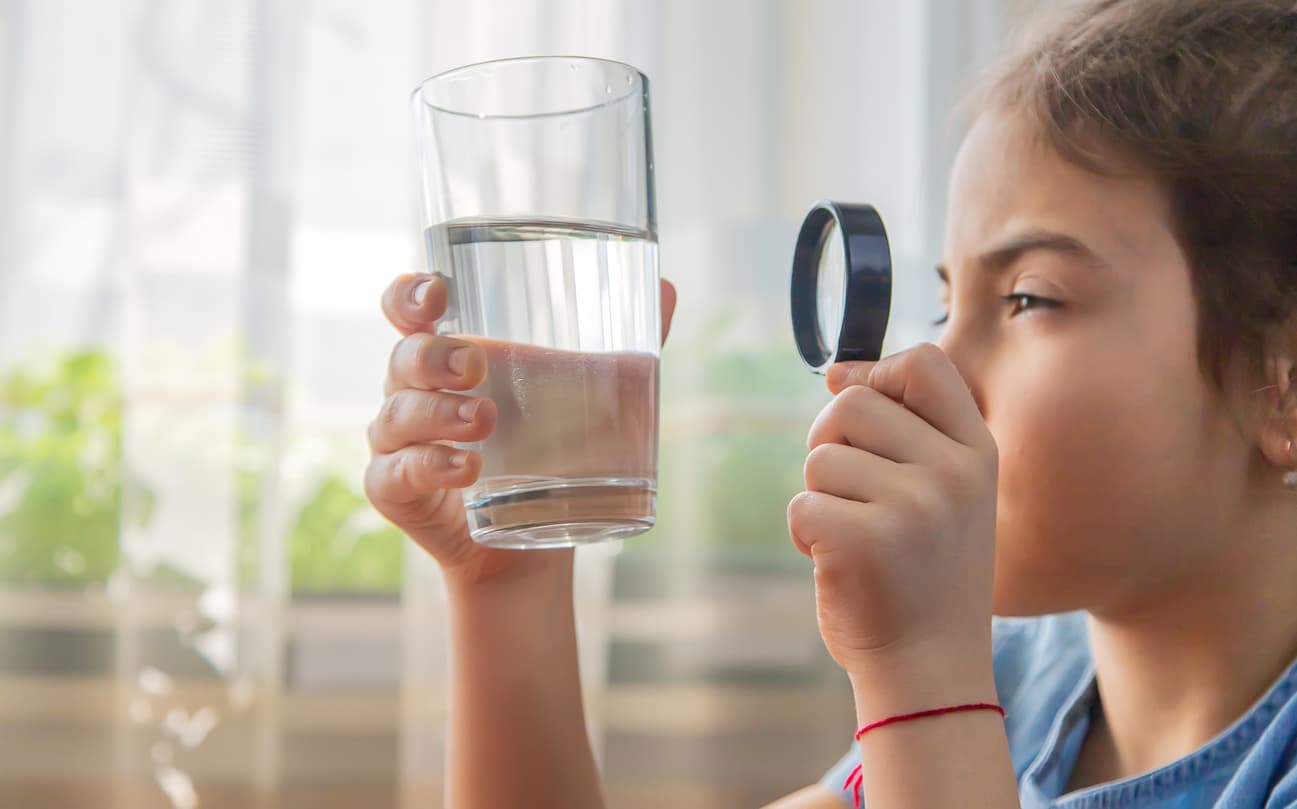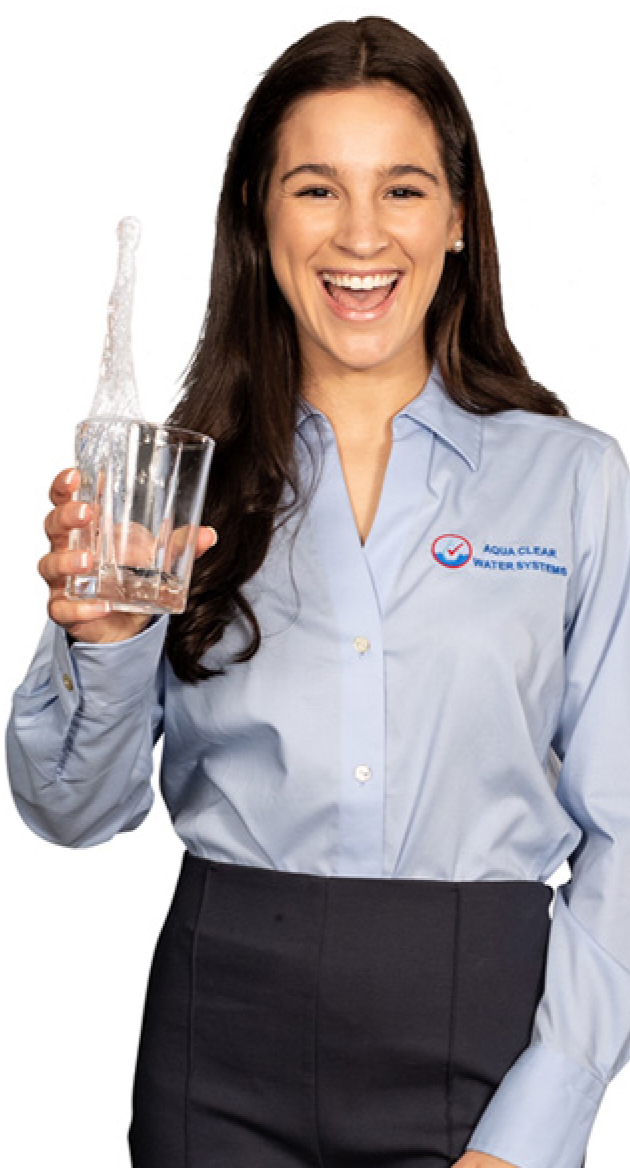Most people know chlorine as that sharp “swimming pool smell.” But what many don’t realize is that chlorine is in almost every shower you take at home too—and it’s not there by accident. Chlorine is added to keep your water safe from harmful bacteria and viruses.
That’s the good news. The not-so-good news? While chlorine protects public health, it can also be harsh on your skin and hair. If you’ve ever wondered why your skin feels dry after a shower or why your hair looks frizzier than usual, chlorine could be the culprit.
This article explains why chlorine in shower water matters for the health of your skin and hair, and what you can do about it.
What Is Chlorine?
Chlorine is one of the oldest and most common disinfectants used in public water systems. For more than a century, it’s been the go-to solution for killing bacteria, viruses, and pathogens that make people sick. In fact, it’s one of the main reasons waterborne diseases like cholera and typhoid fever are now rare in the U.S.
The Environmental Protection Agency (EPA) regulates how much chlorine can be in drinking water. The legal limit is 4 parts per million (ppm). At that level, it’s considered safe to drink, cook with, and bathe in. But while it may be “safe,” it’s not necessarily ideal for your skin or hair.
Is Chlorine in My Shower Water?
Yes. If you’re on city water, your shower almost certainly contains chlorine (or chloramine, a chlorine-ammonia mix). These chemicals remain in the water as it travels through pipes to your home. That’s why you sometimes notice that bleach-like odor when you turn on the shower. Hot water makes it even stronger because chlorine vaporizes more easily with heat—meaning you’re also breathing some of it in.
How Can You Tell if There’s Chlorine in Your Shower?
- Smell: A bleach-like or “pool” odor when the water runs hot.
- Taste: A chemical taste if you swallow even a little water.
- Test kits: Affordable chlorine test strips or drops can quickly show chlorine levels.
- Water reports: Your local utility provides a Consumer Confidence Report each year, listing chlorine levels and other water details.
Why Chlorine in Shower Water Matters for Skin
Chlorine doesn’t just kill bad bacteria—it also disrupts your skin’s natural balance:
- Dryness and irritation: Chlorine strips natural oils that act as your body’s built-in moisturizer.
- Worsens skin conditions: Eczema, psoriasis, and dermatitis flare-ups may intensify.
- Skin aging: Chlorine byproducts can break down collagen and elastin, speeding up skin aging.
- Microbiome disruption: Chlorine kills beneficial skin bacteria along with harmful microbes.
How Chlorine Can Affect Your Hair
Hair is equally vulnerable to chlorine exposure:
- Protein damage: As an oxidizer, chlorine weakens keratin, leaving hair fragile.
- Oil loss: Natural oils are stripped, leaving hair dry and brittle.
- Texture changes: Hair becomes porous, frizzy, and prone to tangling.
- Color fading: Dyed or bleached hair fades faster; blondes may notice a greenish tint.
- Scalp irritation: Regular exposure can cause itchiness and dryness.
Thin, fine, color-treated, or already damaged hair is most at risk.
Who Is Most Sensitive to Chlorine?
- Children: Their skin is thinner and more delicate.
- Asthma sufferers: Inhaling chlorine vapor in hot showers can aggravate symptoms.
- Athletes/swimmers: They already get heavy chlorine exposure from pools.
- Pets: Dogs and cats bathed in chlorinated water may develop itchy skin.
How to Reduce Chlorine Exposure in the Shower
- Install a shower filter: Activated carbon or Vitamin C filters neutralize chlorine and improve water quality.
- Take shorter, cooler showers: Hot water increases chlorine absorption and vaporization.
- Moisturize after showering: Use lotion or body oil to restore skin’s protective barrier.
- Use specialized hair and body products: Shampoos and washes with antioxidants like Vitamin C or E can help repair oxidative damage.
- Consider whole-home filtration: A whole-house system removes chlorine at the source, protecting all faucets, appliances, and showers.
Final Thoughts
Chlorine is essential for keeping public water safe, but it can take a toll on skin and hair. From simple shower filters to whole-home systems, there are plenty of ways to reduce chlorine exposure while keeping your water safe. If you’d like more information on water filtration systems, reach out to the team at Aqua Clear Water Systems—we’ll help you choose the best solution for your home.







